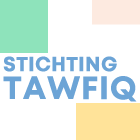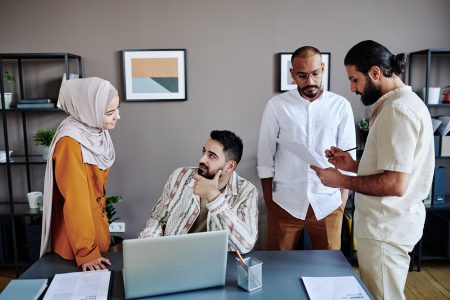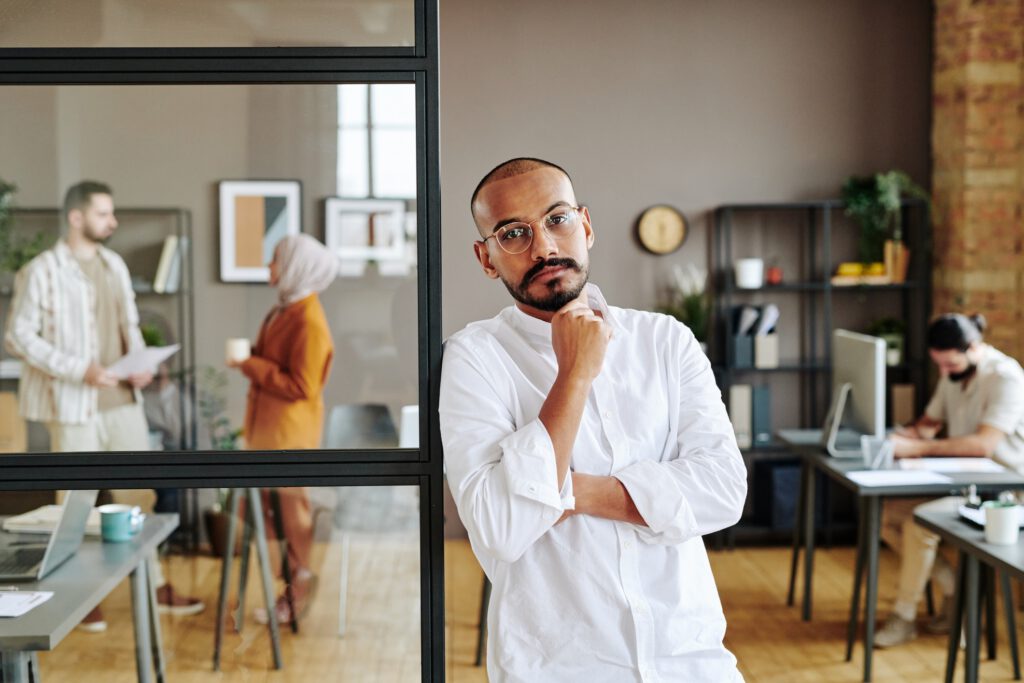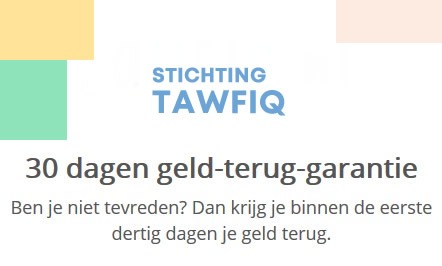-
Islamic knowledge, education and training
- How can parents help their children find the right balance between using modern technology and respecting Islamic values?
- How can parents help their children take responsibility for their online activities in line with Islamic principles?
- What are the benefits and risks of youth use of social media from an Islamic perspective?
- How can parents help their children make healthier choices when it comes to the online content they consume?
- What are the different ways parents can support their children in navigating e-commerce platforms according to Islamic principles?
“Islamic Education: A Powerful Guide to the Challenges of Modern Technology.”
Islamic education is an important topic for Muslims all over the world. It is a way to teach children how to practice their faith and behave in accordance with the principles of Islam. At the same time, parents face challenges when it comes to providing Islamic education to their children in an increasingly technology-driven world. In this essay, I will discuss what Islamic education entails, what challenges there are in providing this education in combination with modern technology, and what parents can do to help their children navigate this complex situation.
How can parents help their children find the right balance between using modern technology and respecting Islamic values?
Parents can help their children find the right balance between using modern technology and respecting Islamic values by teaching them how to use technology responsibly. They must teach their children that there are limits to what is acceptable, such as not accessing pornographic websites or other content that does not conform to Islamic values. Parents should also set clear rules about how much time their children can spend using technology so that they don't become addicted to games or social media. In addition, parents should help their children develop real social skills by encouraging them to spend more time outside with friends and family. Finally, parents can help their children find real interests, such as sports, music, or hobbies that distract them from the temptation to just be online.
How can parents help their children take responsibility for their online activities in line with Islamic principles?
Parents can help their children take responsibility for their online activities in line with Islamic principles by teaching them how to treat themselves and others respectfully. They can also limit the time their children spend online so that they do not become addicted to the Internet. Parents should also encourage open communication with their children, which will help them understand what is happening on the Internet and what is expected of them. In addition, it is important that parents are honest about the risks of online activity and that they set clear rules about what is and is not acceptable. Finally, parents can help their children be honest about what they do on the Internet, teaching them to take responsibility for their actions.
What are the benefits and risks of youth use of social media from an Islamic perspective?
Advantages:
Social media offers young people from an Islamic perspective the opportunity to share and strengthen their faith. It can also help to increase their knowledge about the Islamic faith through information available online. Moreover, they can come into contact with other Muslims, which makes them feel more connected to their religious community.
Risks:
While social media can be a great way to connect with others, it can also lead to unwanted exposure to inappropriate content or cyberbullying behavior. There is also the risk that young people are exposed to extremist ideologies that do not correspond to the principles of Islam. In addition, there is always the risk of personal information being leaked or misused by third parties due to poorly managed privacy settings on social media platforms.
How can parents help their children make healthier choices when it comes to the online content they consume?
Parents can help their children make healthier choices when it comes to online content by involving them in the process. Start with a conversation about what kind of content your kids watch and why they do it. Give them space to express their opinions and listen to what they say. Also let them know that you understand why they like certain things, but also explain why some content is not good for their development or well-being.
Then provide tips on how they can check if the content they consume is age-appropriate, such as checking the rating of a movie or game before downloading it. You can also work with your child to explore alternative options that are more positive, such as educational websites or videos that provide information rather than just entertainment. Finally, you should ensure that clear rules are set about how much time can be used to consume online content and when this can happen.
What are the different ways parents can support their children in navigating e-commerce platforms according to Islamic principles?
Parents can support their children in various ways to navigate e-commerce platforms according to Islamic principles. First, parents can help their children find the right websites that offer products that adhere to Islamic principles. They can also help them read the correct product description and ensure it matches what is being sold. In addition, parents can teach their children how to safely complete online payment transactions so that they do not become victims of fraud or identity theft. It can also be useful for parents to teach their children how to set privacy settings on websites and apps, so that personal information cannot be used unauthorized. Finally, it is important that parents make their children aware of the risks of online shopping behavior, such as spending excessive money or sharing information with unknown staff. Islamic education stands for a valuable lifestyle based on the principles of Islam. It provides children with a framework to develop their identity while taking responsibility for their actions. At the same time, modern technologies pose challenges for parents and teachers, such as managing access to the Internet, monitoring online activity and preventing children from being exposed to harmful content. However, to ensure that children can safely navigate the digital world, more attention needs to be paid to educational programs that focus on media education and skills. In addition, there is also a need for greater cooperation between parents, teachers and other involved parties to ensure that children remain well informed about the risks of online activity.







